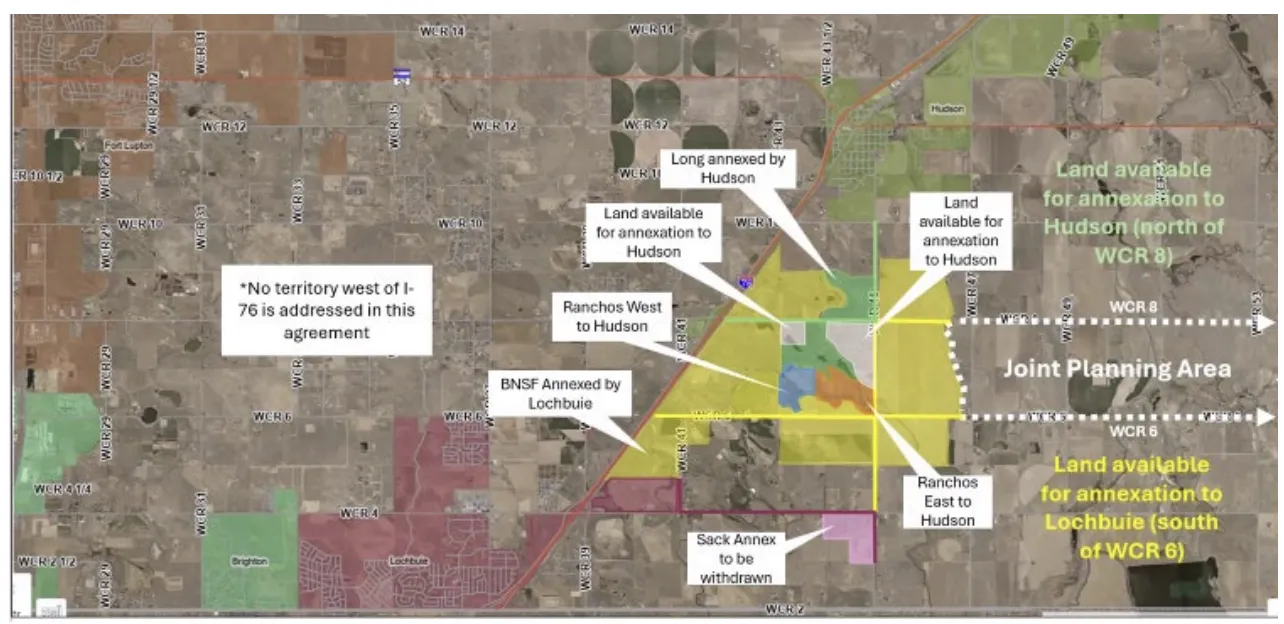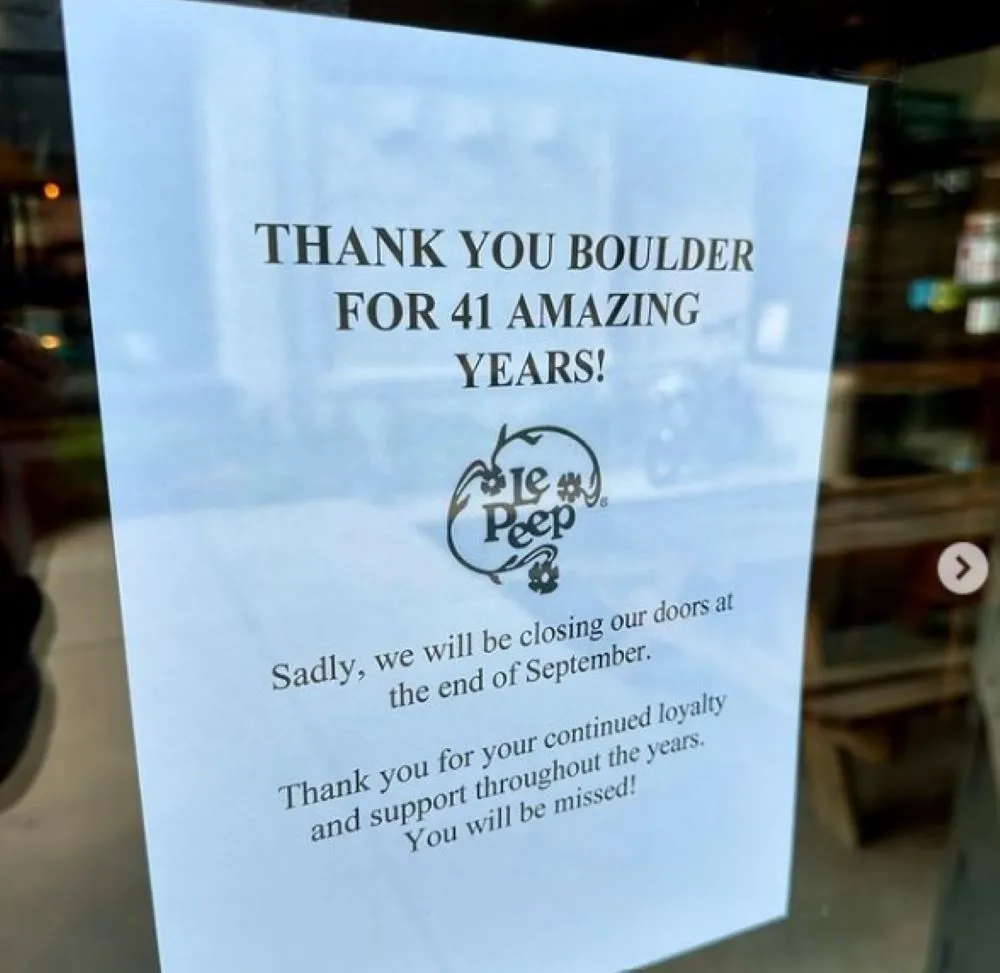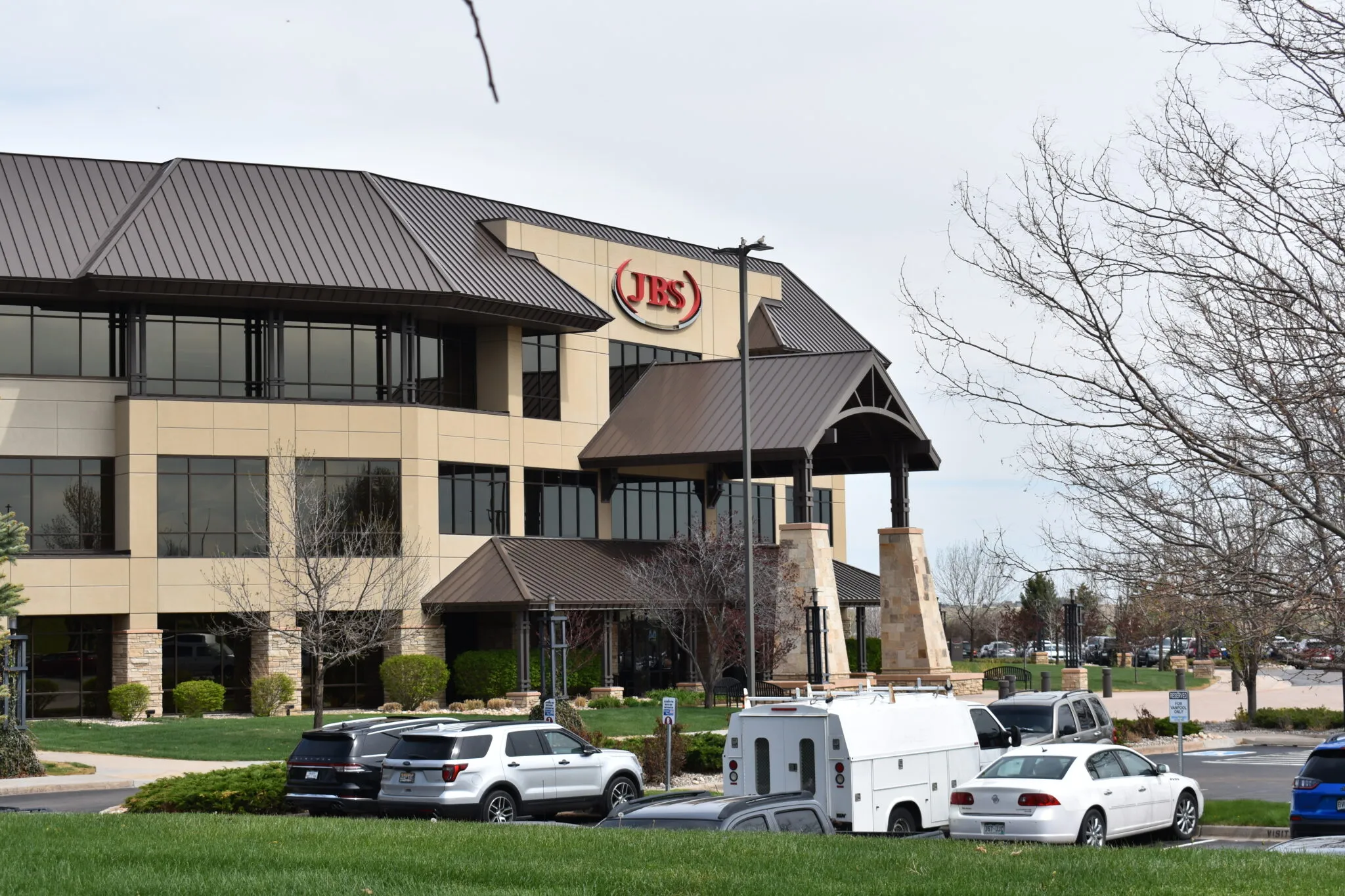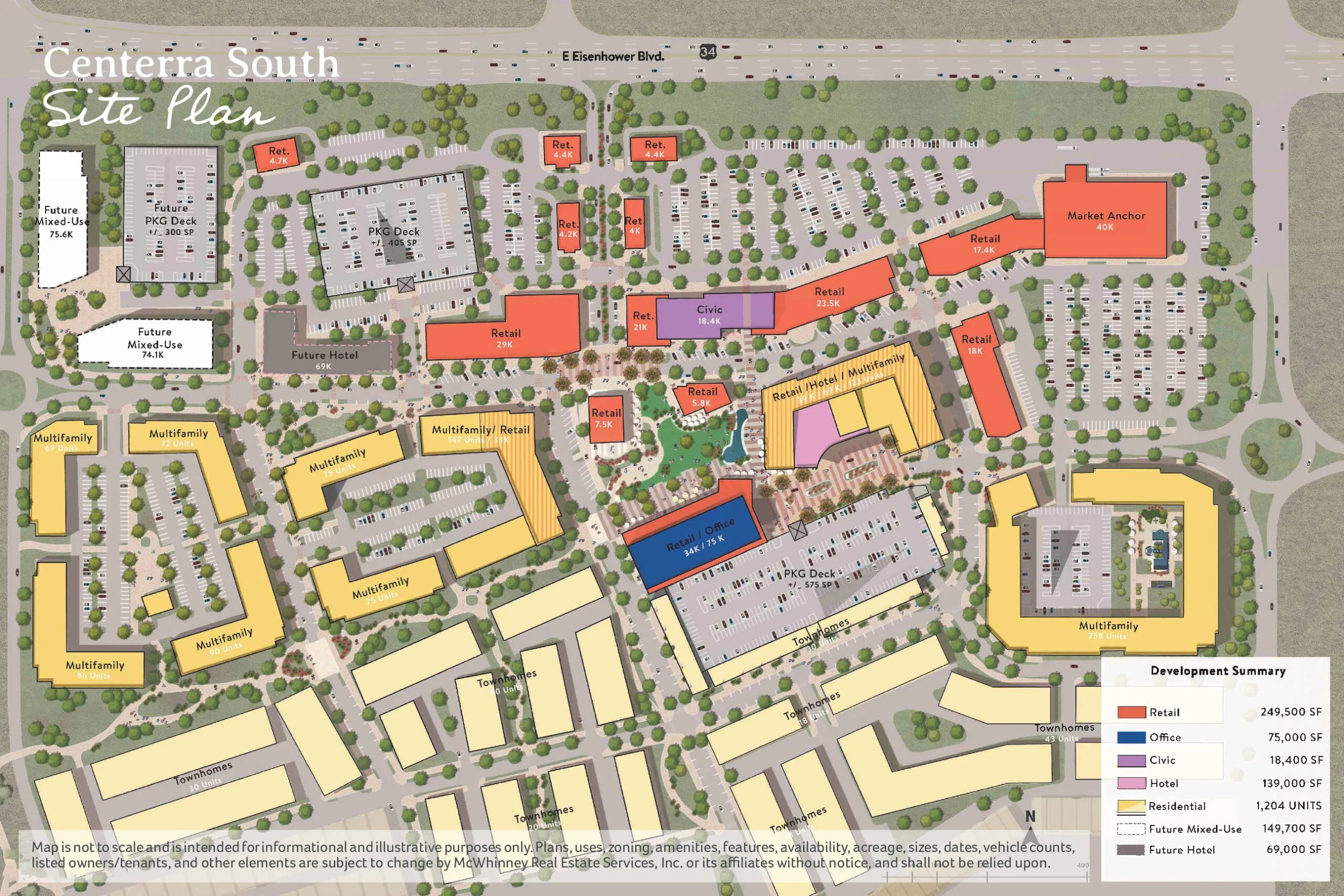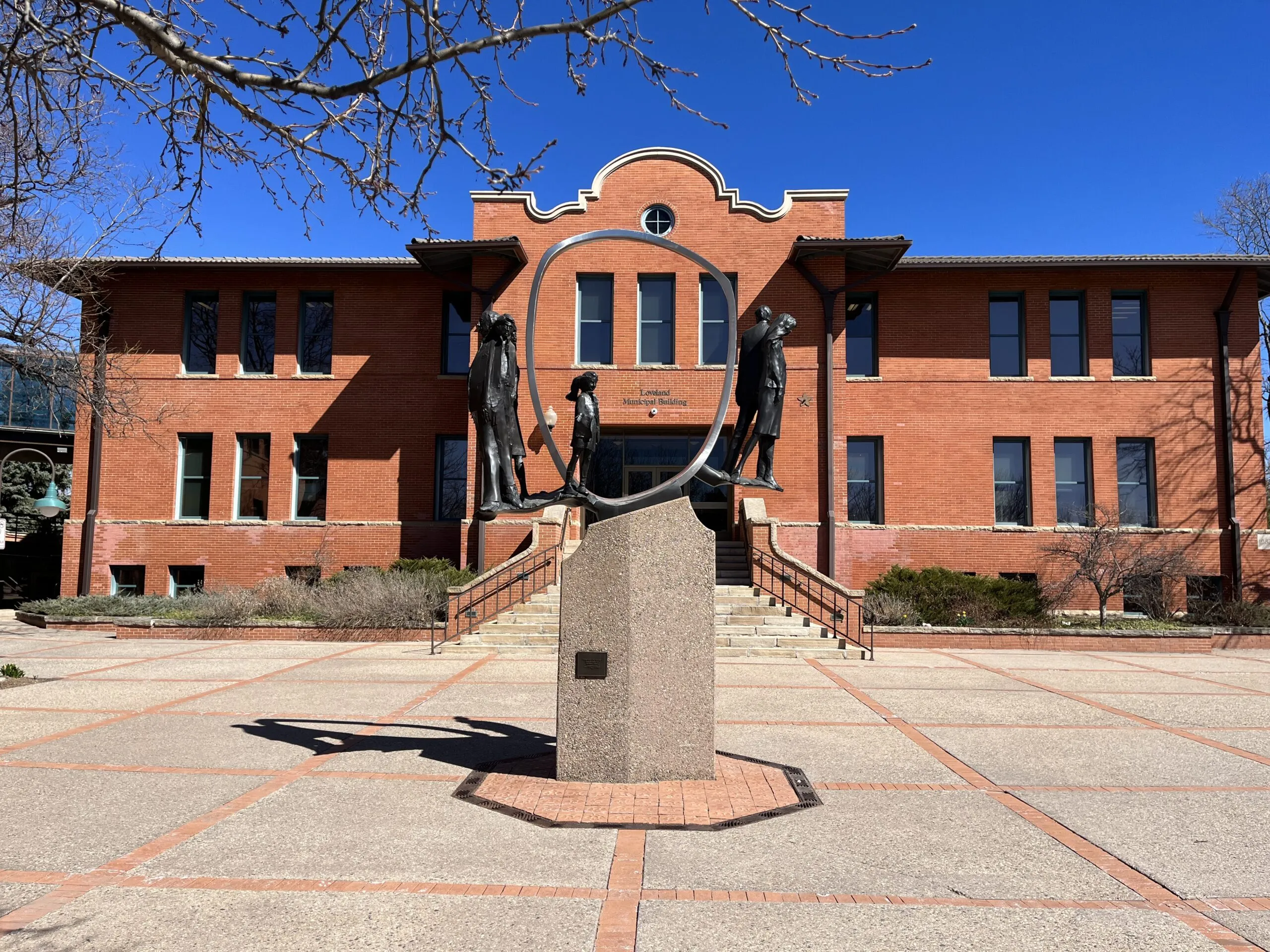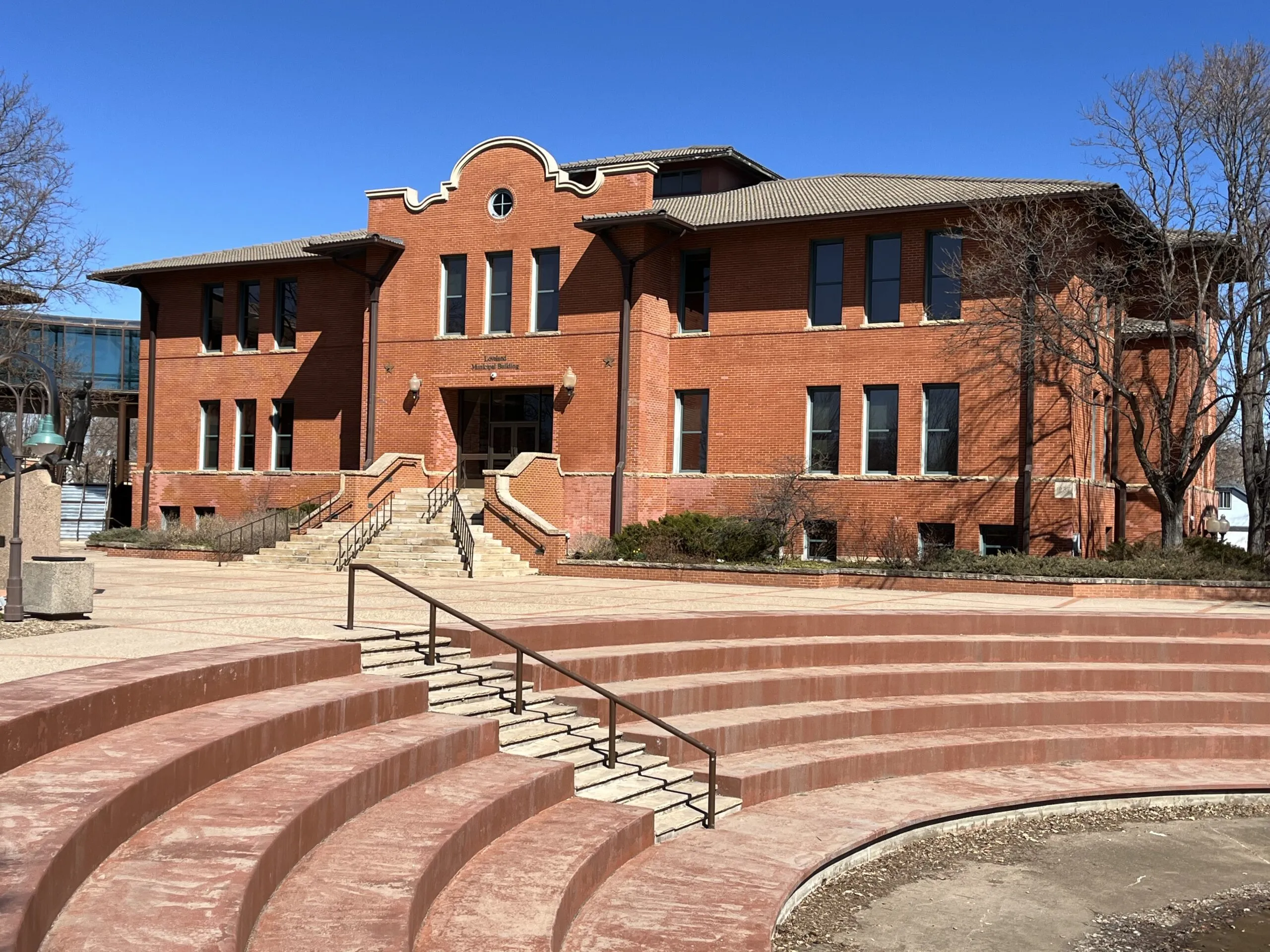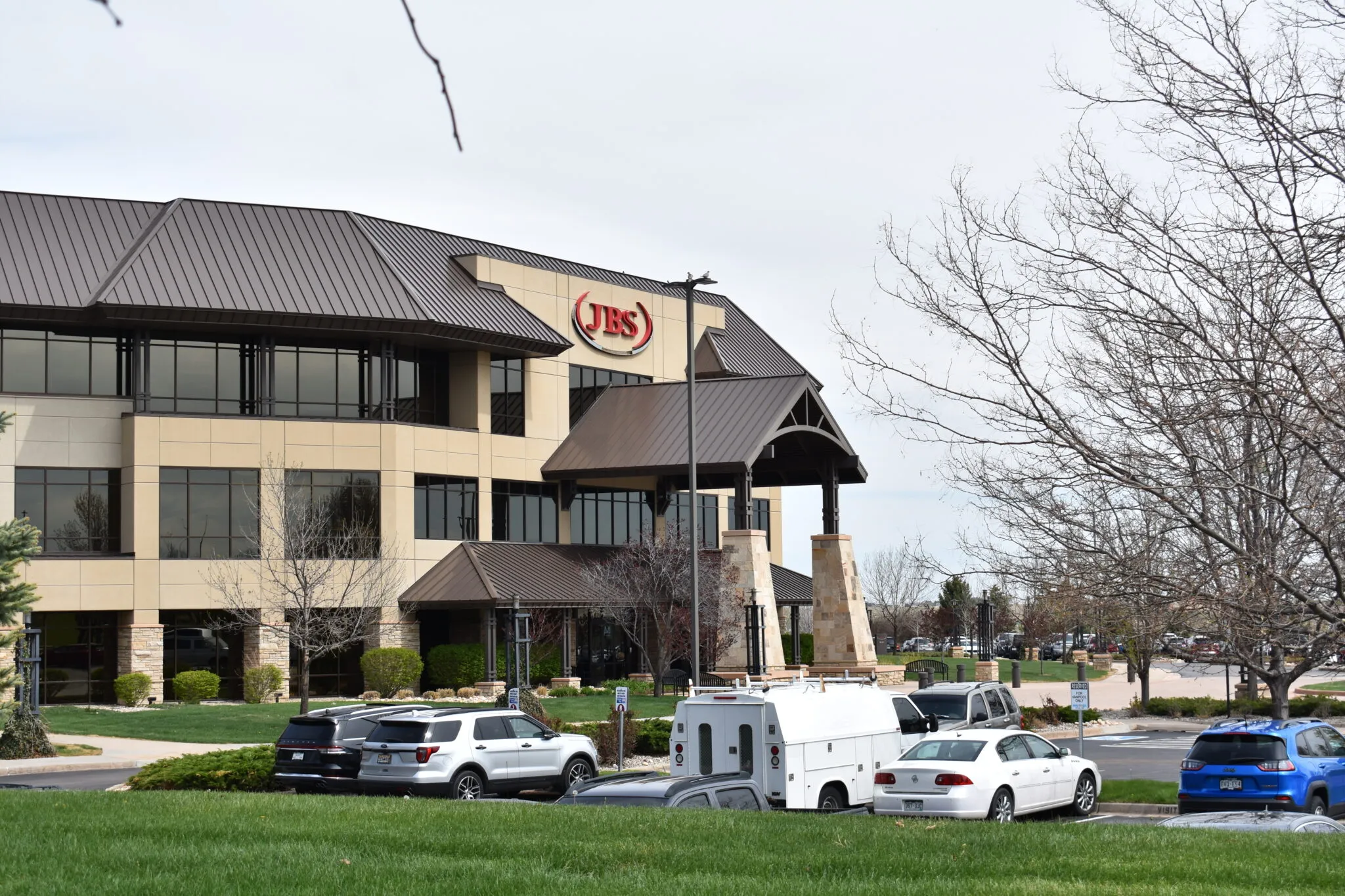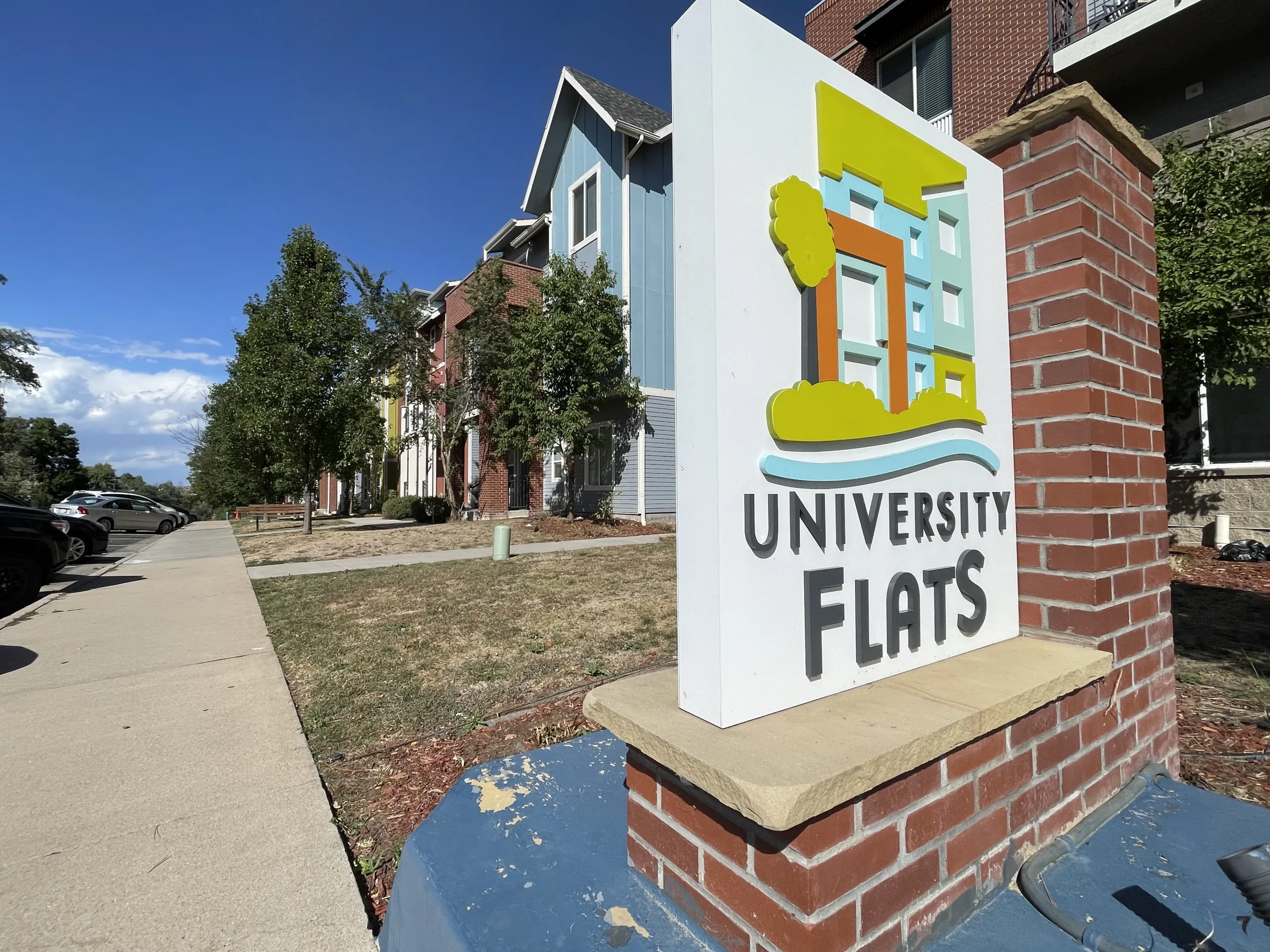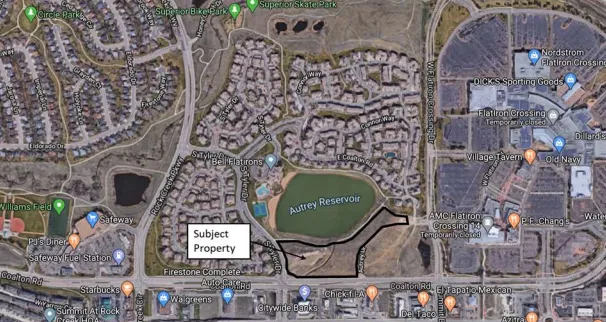Reducing red tape key to increasing housing construction, panelists say

BOULDER — While there is not much the government can do about housing prices, they can work to create more opportunities to build more housing and provide some property-tax relief. This last year, the Legislature did just that.
Panelists on housing policy at BizWest’s Boulder Valley Real Estate Conference on Thursday discussed some recent legislative changes that were intended to reduce property tax burdens on homeowners, keep people in their homes, and provide more opportunities that could bring more housing units to market.
The panelists — John Covert, director of residential land services with Cushman and Wakefield; Rep. Kyle Brown, D-Louisville; and Brian Allard, an attorney with Lyons Gaddis P.C. in Longmont — addressed the housing issues on a variety of fronts before a packed room at the Embassy Suites in Boulder. The panel was moderated by Lisa Wade of Re/Max of Boulder.
SPONSORED CONTENT
First, Covert discussed the elephant in the room. Lack of housing. In 2006, he said, there were 20,000 housing starts in a seven-county area of Metro Denver; but this year, there will be less than 10,000.
“Well, that’s almost a 20-year time period,” Covert said. “Demographically we have grown, we’ve added something like in 20 years, 750,000 people to our population but we’re producing half the number of new homes we were almost 20 years ago. This is not counting the multifamily rental markets.
“Eventually, those people want to buy a house,” he said. “In a starter home, a first-time homebuyer price segment is in the $600,000 to $700,000 price point. That’s crazy. With all the studies we’ve done, when your first-time homebuyer segment is $700,000, and that may be a townhouse, that tells you we have real problems here. We need the policy guys to help us figure this out.”
One surefire way to reduce housing costs is to reduce the red tape, he said, making it easier for developers to build housing. “It’s not a demand issue,” Covert said. “It’s really a supply problem that we need to unlock to get more housing built.”
Brown said that state and local municipalities have been at odds over housing issues.
“The state has seen local ordinances as a barrier to increasing the supply of housing,” Brown said. “Things like parking minimums, which we outlawed in metro areas, were seen as a potential barrier to increasing supply of housing. We also outlawed arbitrary occupancy limits.”
The Legislature has been chipping away at affordability issues, and it passed some bills this past session and in the August special session which was focused on unlocking some of those constraints.
Brown said the General Assembly passed House Bill 1313, which is aimed at creating more opportunities for communities to create high-density housing in transit-oriented communities. House Bill 1434 increased tax credits through the Colorado Housing and Finance Authority for those who build affordable housing. Senate Bill 233 reducing the statewide assessment rates on homes and commercial properties.
Finally, for landlords, new state laws just made it harder to evict tenants without cause, said Allard, who often represents renters and landlords in tenant evictions.
“It’s more complicated, it makes the process of evicting a tenant more difficult,”
Allard said. “For brokers, whenever you have a home you’re trying to sell, or have a buyer, when you have a home that has a lease, you can still evict a tenant. It’s just going to cause delays. With the new law, there are no-fault eviction laws. You have 90 days to let the tenant know they’ll be selling and need to vacate. After that 90 days, you can move forward with evictions. It’s making transactions longer. You won’t be able to flip a house as quickly if you have a tenant.”
There are many subtle changes to the laws that will require landlords to communicate more with their tenants, Allard said. They also will need to get their paperwork updated, and make sure they talk to counsel before evicting tenants.
“The new laws are definitely tenant-friendly and allow tenants to remain on a property if they’re not having lease violations,” Allard said.
While there is not much the government can do about housing prices, they can work to create more opportunities to build more housing and provide some property-tax relief. This last year, the Legislature did just that.



















